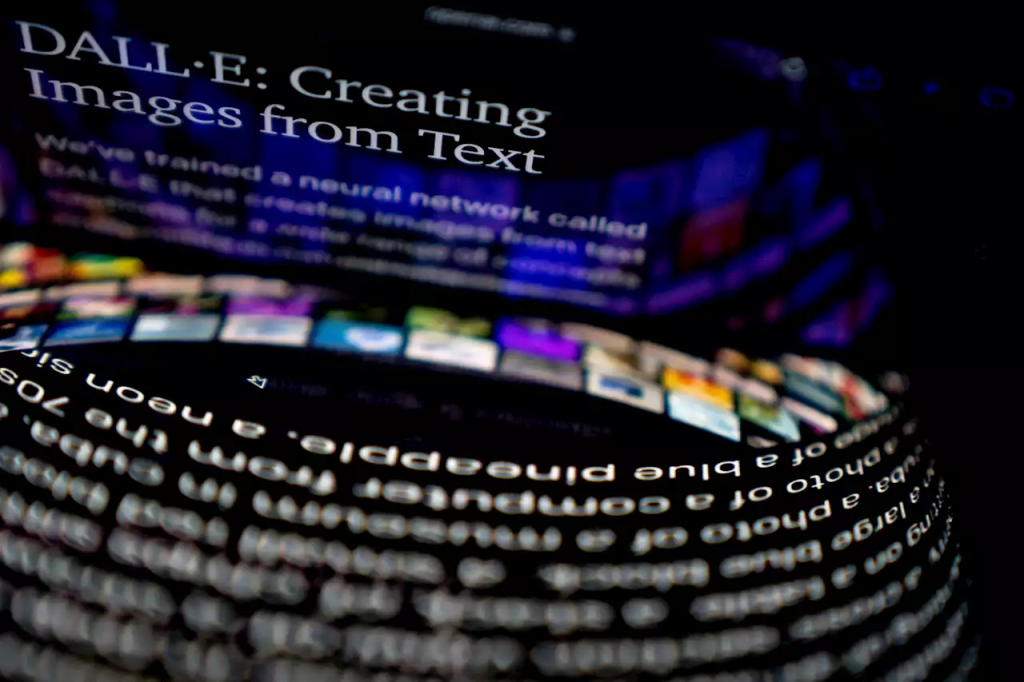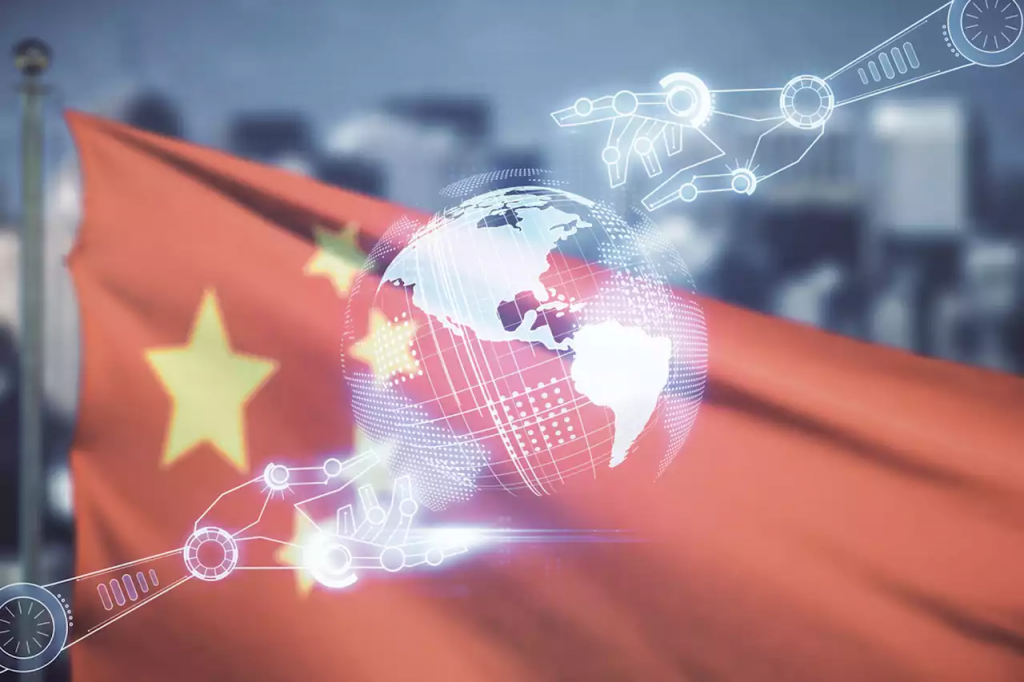The Cyberspace Administration of China (CAC) has published regulations limiting the creation of AI-generated media without obvious labels, such as watermarks, among various other policies, TechCrunch reported.
The new rules will go into effect on January 10, 2023, as part of China’s developing response to the generative AI wave that gripped the IT world in 2022.
The CAC is in charge of internet regulation, oversight, and censorship. Chinese officials will now be keenly monitoring “deep synthesis” technology.
“The introduction of the “Regulations” is a need to prevent and resolve security risks, and it is also a need to promote the healthy development of in-depth synthetic services and improve the level of supervision capabilities,” writes China’s Office of the Central Cyberspace Affairs Commission.

“Providers of deep synthesis services shall add signs that do not affect the use of information content generated or edited using their services. In addition, services that provide functions such as intelligent dialog, synthesized human voice, human face generation, and immersive, realistic scenes that generate or significantly change information content shall be marked prominently to avoid public confusion or misidentification, CAC added.
“It is required that no organization or individual shall use technical means to delete, tamper with, or conceal relevant marks.”

The Chinese government will force deep synthesis technology companies to preserve legally compliant documents.
Furthermore, users of those platforms must create profiles using their real names so that their AI activity may be tracked.

The new guidelines also include requirements around consent and deepfakes. For example, before editing a voice or photographs, companies employing the technology must first contact and obtain consent from individuals.
According to The South China Morning Post, the move is in response to government concerns that developments in artificial intelligence technology could be utilized by criminals to operate frauds or slander people by faking their identities.


